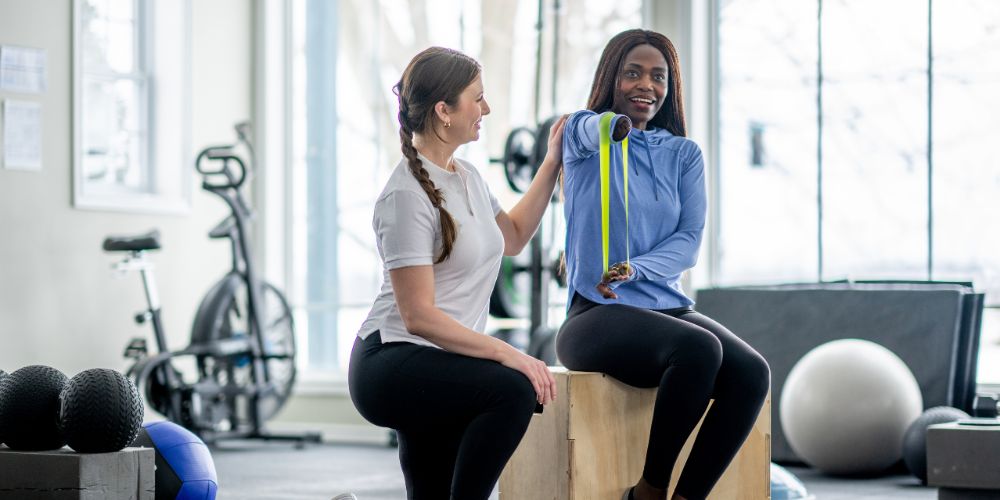Occupational therapy (OT) is often a pivotal part of recovery and rehabilitation for individuals who have undergone an amputation. But what exactly is occupational therapy, and how does it aid amputees on their journey towards healing and independence? Let’s delve into this crucial topic.

What is Occupational Therapy for Amputees?
Occupational therapy is a type of healthcare that helps people of all ages who have physical, sensory, or cognitive problems. OT helps individuals regain independence in all areas of their lives and overcome barriers that prevent them from doing the activities—or “occupations”—that matter to them.
The Role of Occupational Therapy for Amputees
For amputees, occupational therapists play a crucial role in the journey to recovery and adaptation. Here’s how they do it:
1. Pre-Prosthetic Training:
Before receiving a prosthetic limb, occupational therapists help amputees prepare for the transition. They guide patients in limb care, strength and flexibility exercises, and using assistive devices for mobility.
2. Prosthetic Training:
Once the prosthetic limb is fitted, OTs train amputees to use it effectively. This training may involve learning how to control the prosthetic limb, balance exercises, and how to take care of the prosthetic device.
3. Daily Living Skills:
One of the main objectives of OT is to help individuals perform daily activities, such as dressing, bathing, cooking, and working, independently. For amputees, this may involve learning new techniques or using adaptive equipment.
4. Home and Workplace Modifications:
Occupational therapists can suggest modifications to make a home or workplace more accessible and safe for an amputee. This might include installing grab bars, suggesting ergonomic furniture, or implementing strategies to prevent falls.
5. Emotional Support:
Losing a limb is a significant life change that can bring about emotional challenges. OTs provide support to manage these feelings and offer strategies to cope with the changes and challenges.
In conclusion, occupational therapy is a key component in the recovery journey of an amputee. With their holistic and individualized approach, OTs empower amputees to overcome obstacles, regain independence, and embrace a future where they are not defined by their amputation but by their abilities and aspirations.
